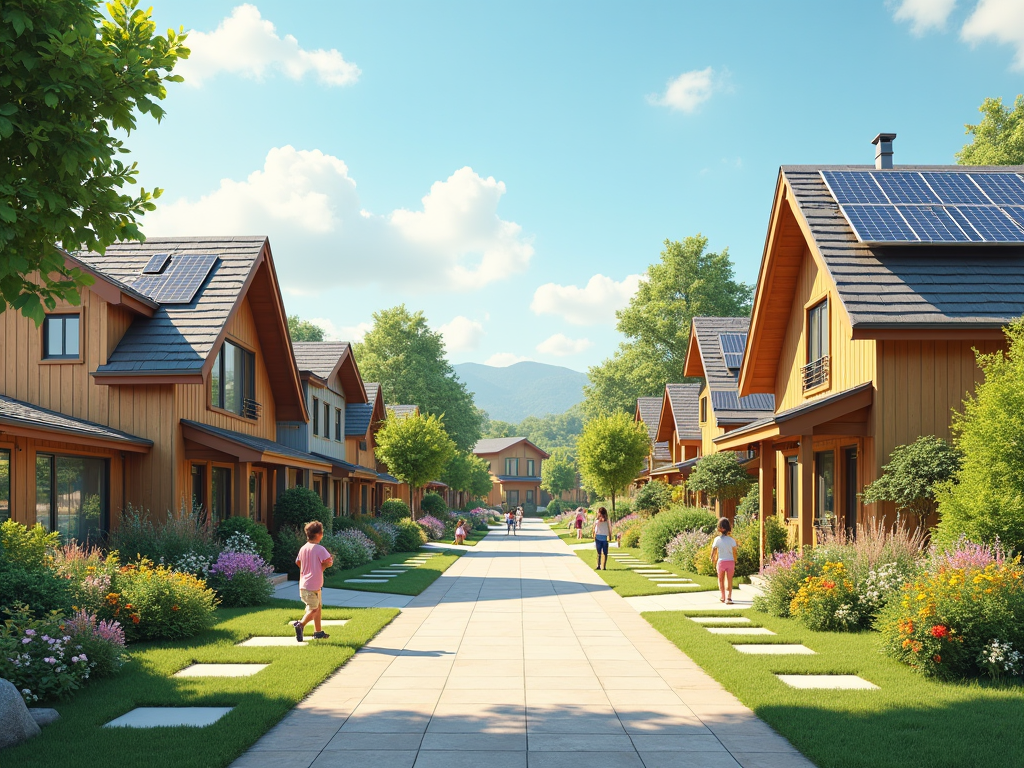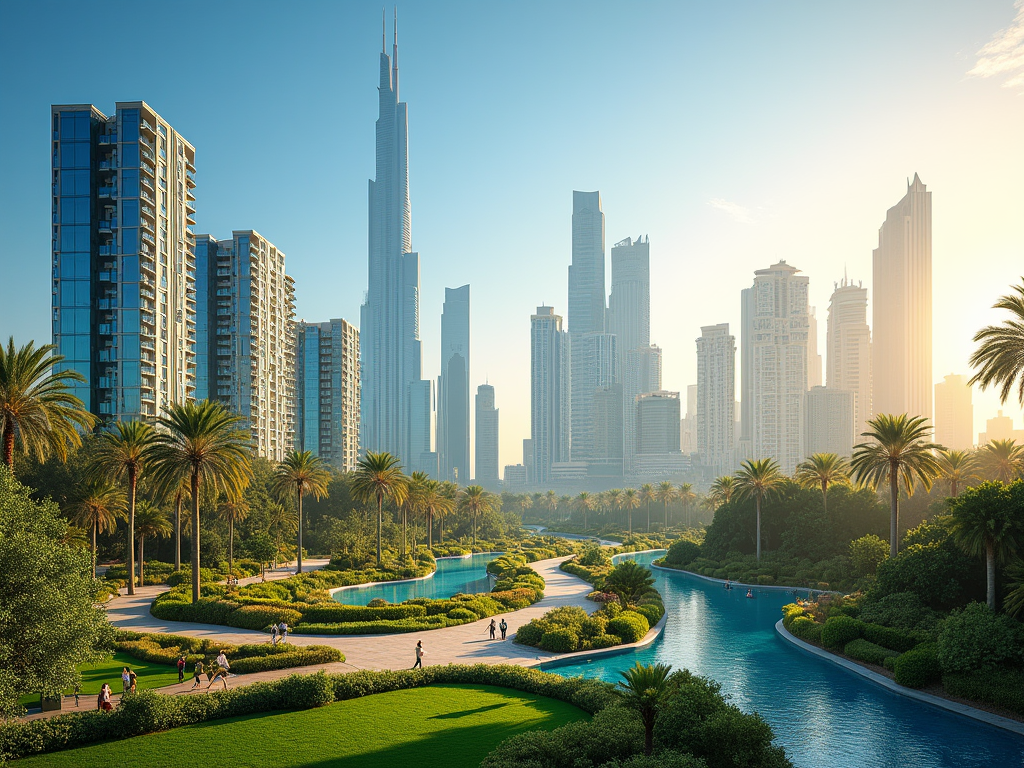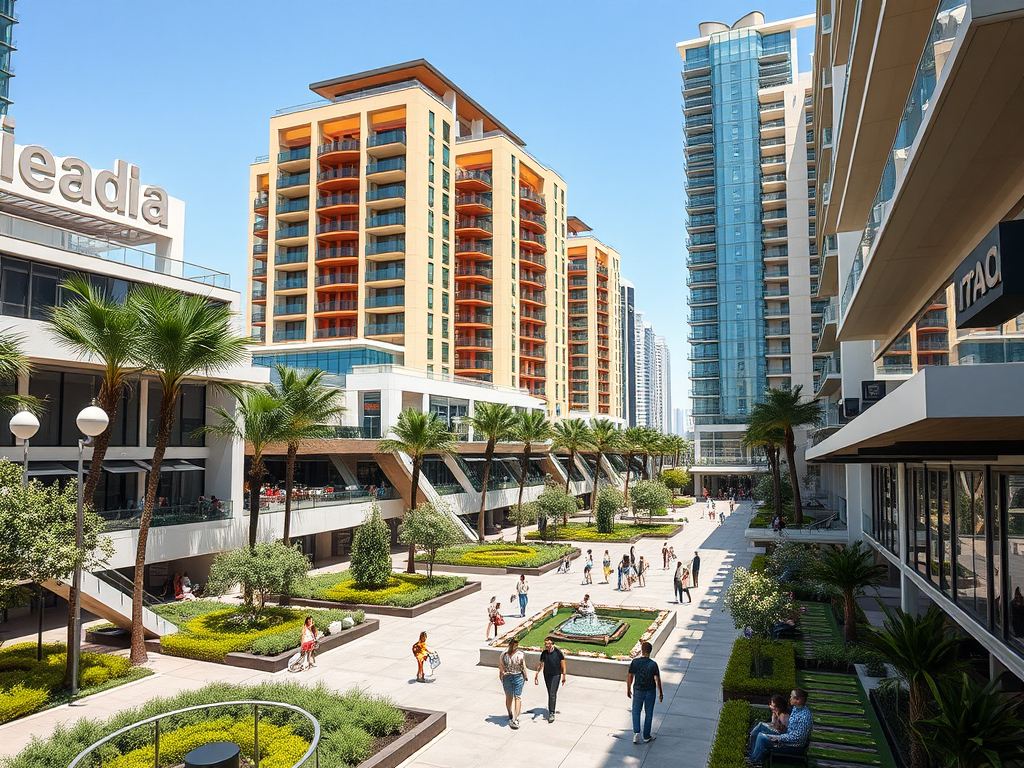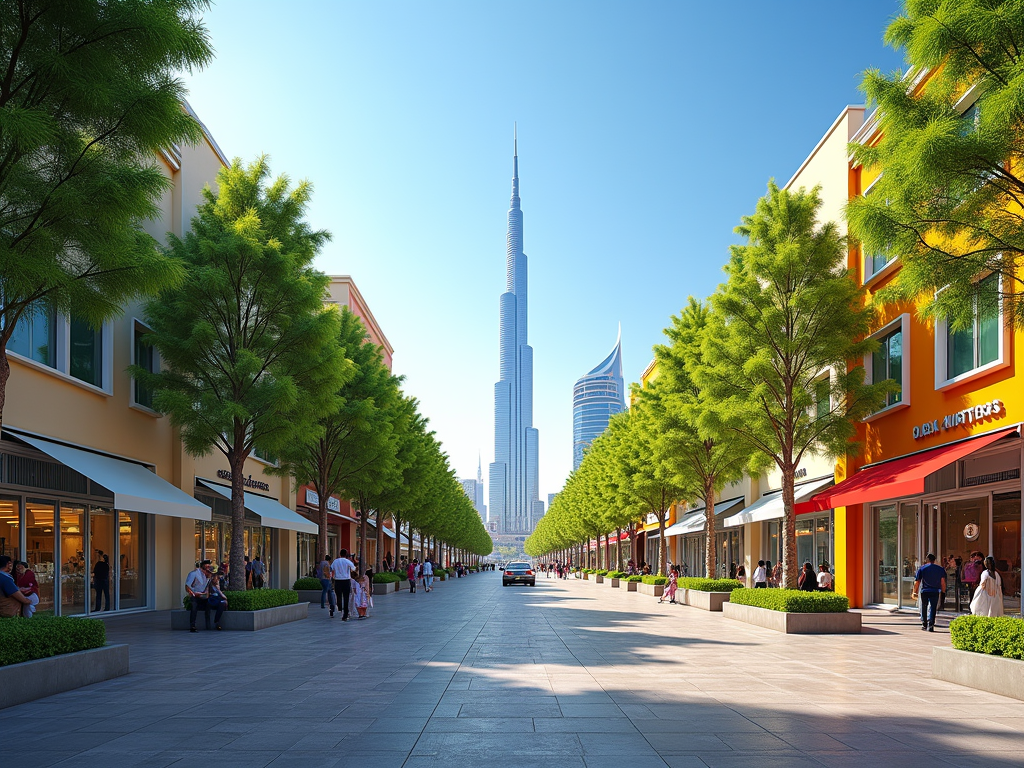The Dubai real estate market is set for a transformative year in 2024, driven by various emerging trends and economic dynamics. As developers, investors, and homeowners navigate this vibrant landscape, they will encounter significant shifts shaped by technology, sustainability, and changing demographics. This article delves into the key trends and predictions that will define Dubai’s property sector in the coming year, ensuring all stakeholders are well-equipped to make informed decisions.
1. Continued Demand for Residential Properties

In 2024, the demand for residential properties in Dubai is anticipated to remain robust amidst increasing population growth and expatriate inflow. The city’s reputation as a global hub for business and tourism continues to attract a diverse range of expatriates searching for housing, which creates substantial competition in the market. This rising demand is met with a growing number of development projects aimed at providing affordable and luxury housing options. Key elements influencing this trend include:
- Infrastructural developments enhancing connectivity.
- Government policies favoring real estate investment.
- Increased disposable incomes among residents.
Developers are likely to focus on mixed-use properties that blend residential, commercial, and recreational spaces, meeting the needs of modern urban dwellers. Moreover, as the city prepares for Expo 2025, the spotlight on real estate will intensify, presenting lucrative investment opportunities.
2. Sustainability and Green Building Initiatives

As global consciousness around climate change intensifies, 2024 is expected to see a substantial increase in the adoption of sustainable building practices within Dubai’s real estate sector. Developers are increasingly focused on eco-friendly designs and energy-efficient technologies, aligning with Dubai’s goals to become one of the world’s most sustainable cities. Some trends driving this shift include:
- Incorporation of renewable energy sources such as solar panels in residential and commercial spaces.
- Utilization of sustainable building materials to reduce environmental impact.
- Implementation of smart technologies to monitor energy usage and improve efficiency.
This shift toward sustainability is not just environmentally driven; it also reflects a growing consumer preference for green living. Buyers and renters are more inclined to choose properties built with sustainable practices, leading to market differentiation for those developers who embrace this trend.
3. The Rise of Technology in Real Estate Transactions
Technology will continue to disrupt traditional real estate practices in Dubai in 2024, enhancing the property buying and selling experience. Innovations such as virtual reality tours, blockchain for secure transactions, and AI-driven property management solutions are poised to revolutionize how real estate operates. The main developments in this space include:
- Increased usage of virtual tours, making it easier for buyers to explore properties from anywhere in the world.
- Blockchain technology providing increased security and transparency in transactions.
- AI tools optimizing real estate marketing strategies and targeting potential buyers more effectively.
These advancements not only streamline transactions but also cater to the digitally-savvy demographic that prefers a seamless online experience. As technology continues to evolve, traditional real estate players must adapt to remain competitive in the Dubai market.
4. Evolving Commercial Real Estate Landscape
The commercial real estate sector in Dubai is anticipated to undergo significant changes in 2024, driven by shifts towards remote working and flexible office spaces. As many businesses adapt to hybrid work models, demand for traditional office space is evolving. Key changes include:
- A rise in demand for co-working spaces that offer flexibility and community.
- Investments in logistics and warehouse spaces driven by the e-commerce boom.
- Increased focus on wellness-oriented office environments that promote employee health.
This reshaping of the commercial landscape encourages developers to innovate and create spaces that cater to new working trends. Overall, property investors must remain agile and informed about these market shifts to maximize their opportunities.
Conclusion
As Dubai’s real estate market prepares for 2024, the focus will be on adaptability, innovation, and sustainability. Trends such as increased demand for residential properties, the rise of green building practices, technological advancements, and changes in commercial space needs will heavily influence the market. For investors, adapting to these conditions while maintaining a strategic outlook will be key to thriving in this dynamic environment.
Frequently Asked Questions
1. What factors are driving the demand for residential properties in Dubai?
The increasing population, expatriate inflow, and government support for real estate investment are key factors driving demand for residential properties in Dubai.
2. How is sustainability impacting Dubai’s real estate market?
Sustainability initiatives lead to eco-friendly building practices, increasing buyer preferences for green properties and potentially offering competitive advantages for developers who adopt these practices.
3. What technological advancements should investors watch in 2024?
Investors should keep an eye on virtual reality tours, blockchain for secure transactions, and AI-driven marketing strategies that are set to reshape the real estate landscape.
4. How are commercial real estate needs changing in Dubai?
With the rise of hybrid work models, there is increasing demand for co-working spaces, logistics centers due to e-commerce growth, and wellness-oriented office environments.
5. What can potential investors expect from the Dubai real estate market in 2024?
Investors can expect a vibrant market with opportunities in residential and commercial sectors, driven by sustainability, technology, and evolving consumer preferences.



